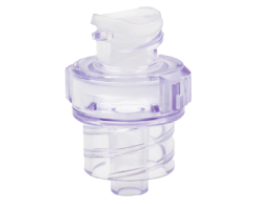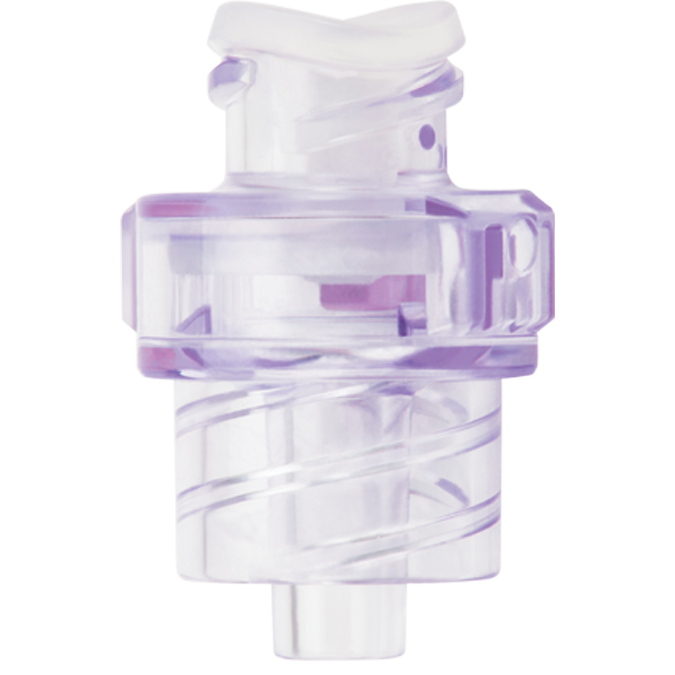BD Q-Syte™ Needle-free Connectors and Extension Sets are intended for use with vascular access devices for intravascular administration of fluids.


- Overview
- Products & Accessories
- eIFU & Resources
-

Diverse applications
The split-septum design of the BD Q-Syte™ Needle-free Connector is compatible with both luer slip and luer lock devices.
-

High flow rates
The BD Q-Syte™ Needle-free Connector helps enable high-volume infusions with a maximum flow rate of 35.5L/hr.
-

Easy to use
100% of clinicians considered the BD Q-Syte™ Needle-free Connector easy to use in a simulated use study (n=11) compared to PRN adaptors.
CDC CLABSI prevention guidelines state that a split-septum needle-free connector design may be preferred over mechanical valves.3 The BD Q-Syte™ Needle-free Connector has a split-septum design and has been shown to help reduce the risk of CLABSI when used as part of a CRBSI prevention bundle. 1,2

Available in single-fuse and multi-fuse options with a broad range of configurations.
- Rosenthal VD, Udwadia FE, Kumar S, et al. Clinical impact and cost effectiveness of split-septum and single-use prefilled flushing device vs 3-way stopcock on central-line associated bloodstream infection rates in India: a randomized clinical trial conducted by the International Nosocomial Infection Control Consortium (INICC). Am J Infect Control. 2015;43(10):1040–1045. doi: 10.1016/j.ajic.2015.05.042.
- Devrim et al. Central line bundle including split-septum device and single-use prefilled flushing syringes to prevent post-associated infections: a cost and resource- utilization analysis [published correct appears in BMC Health Serv Res. 2020:20(1):336]. Published correction in BMC Health Serv Res. 2020:20(1):450. doi:10.1186/s12913-030-05221-6.
- Guidelines for the Prevention of Intravascular Catheter-Related Infections, 2011. CDC website. https://www.cdc.gov/hai/pdfs/bsi-guidelines-2011.pdf. Published 2011. Accessed May 5, 2020.
BD-83755 (3/24)
Our collection of literature on industries and on our offerings gives you information you can use to continue striving for excellence.
We support the healthcare industry with market-leading products and services that aim to improve care while lowering costs. We host and take part in events that excel in advancing the world of health™.
The BD Learning Academy offers a centralized repository of BD product training, education, and the ability to connect courses to your LMS.
We promote clinical excellence by providing various resources on best practices, clinical innovations and industry trends in healthcare.


